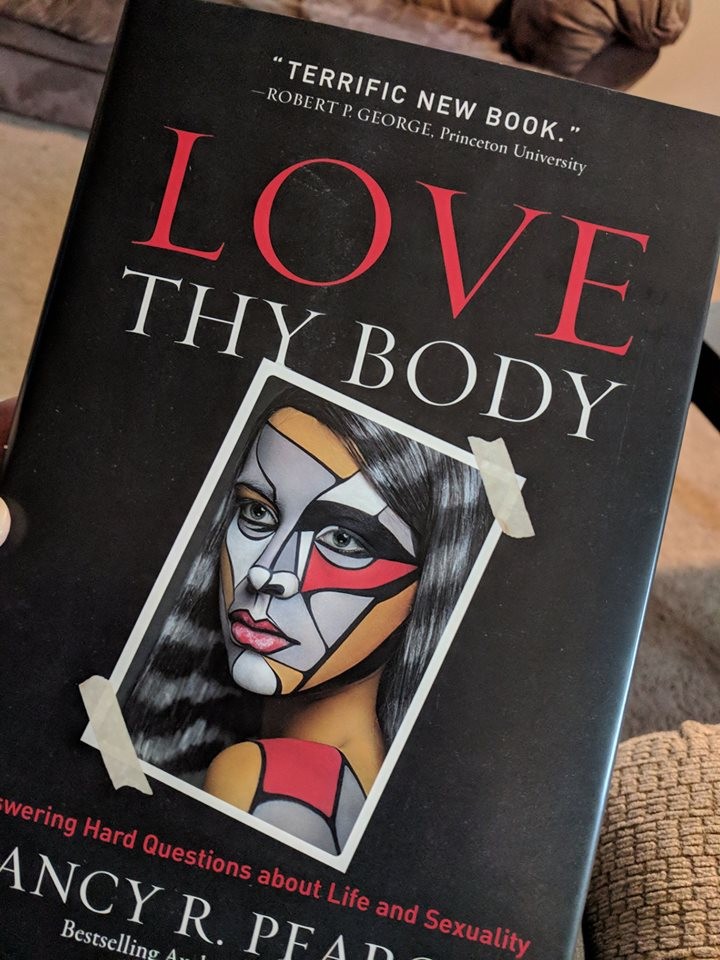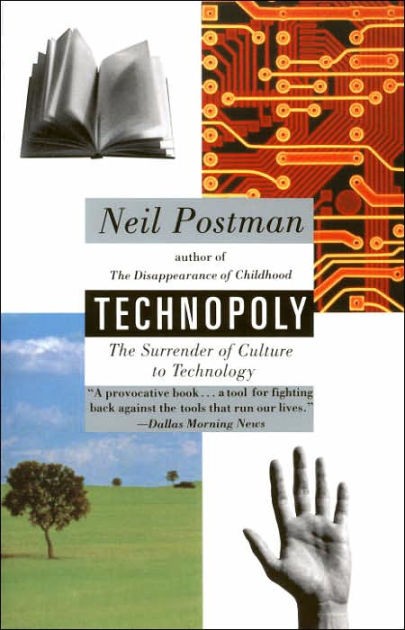Outsourcing compassion
Last week I heard an article about Amazon’s recent tweaking of its A.I. “Alexa.” The changes Amazon has made are targeted specifically at young children, whose parents are being encouraged to place the “Dot” device in their children’s rooms. Appropriately, in the photo featured with the article, the Dot is positioned between a mother and her child.
You can tell a lot about a culture by how it treats its most vulnerable members. In our culture, we seem to want to outsource compassion with both the elderly and the young. Why else would we want to create robotic personal assistants to handle their needs?
Two tech experts are interviewed in the article, and they exhibit a very mild skepticism about the ways Amazon is increasing its footprint in family interactions. For example, one of them notes that while some have viewed smart speakers as less disruptive or isolating than, say, a smartphone that you rush to check in the midst of family time, the changes Amazon is making will “offer kids the opportunity to engage with the device solo for longer periods of time.” They also acknowledge the weird, Truman-Show-like vibe of children talking to Alexa as though it is a personal friend — when it is really “a big retailer through an app that’s been made by hundreds of people on the other end.”
Strangest of all is one interviewee’s fear that parents might abuse their authority by listening in on conversations their children have with the A.I. Eavesdropping isn’t good, of course. But if some parents do this, at least one can assume love is involved — which is never the case with the other audience: Amazon. More to the point, if we don’t interpose a robot for our children to talk to in the first place, and provide real human interaction instead, the issue of eavesdropping won’t arise at all; instead, we’ll end up with other things like trust and affection.
Carnegie Mellon’s Justine Cassell is given the last word:
What children need most is to be able to be producers of technology as well as consumers of content. Because what we all need … is not to listen but to be heard. And if Alexa learns how to hear, and I suspect that children are going to try and make it so, then it will be a success.
We don’t need to listen, huh? We need robots to do that part so we can all chatter on without interruption. I would respond that an inability to listen will only further tear at relationships. Egotistical, nonstop talkers usually find themselves alone in ways Alexa won’t be able to fix. Surely an inability to hear others will handicap learning as well, since listening, rather than being heard, is a basic requirement.
Are the goals of technology like this worth the cost? I find myself wondering how we could have come so far down this road.





One Comment
Jessica
I heard this story and had the same uneasy reaction. So frightening.